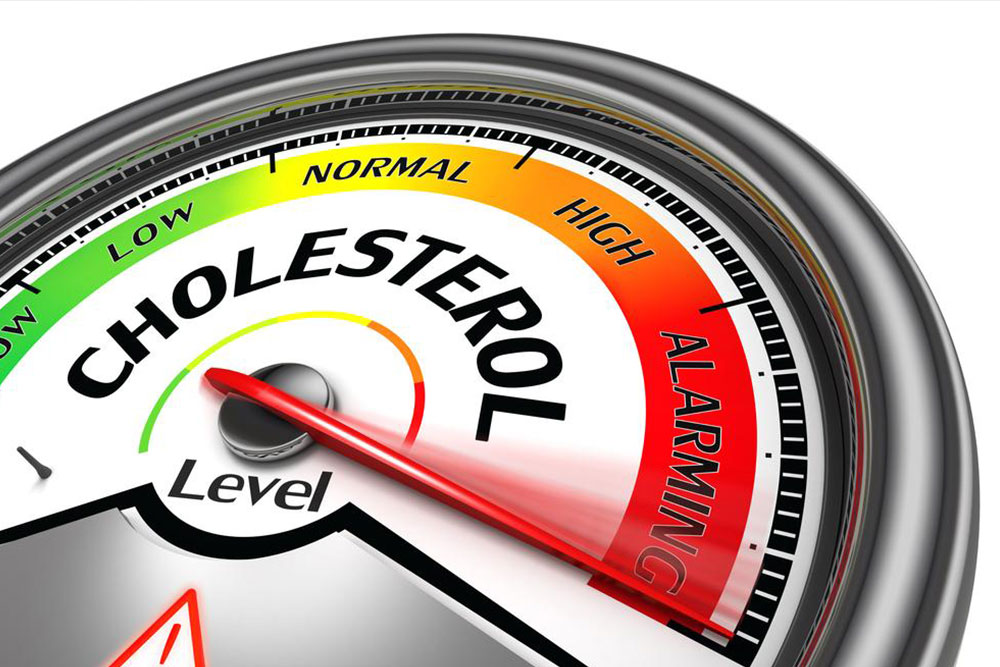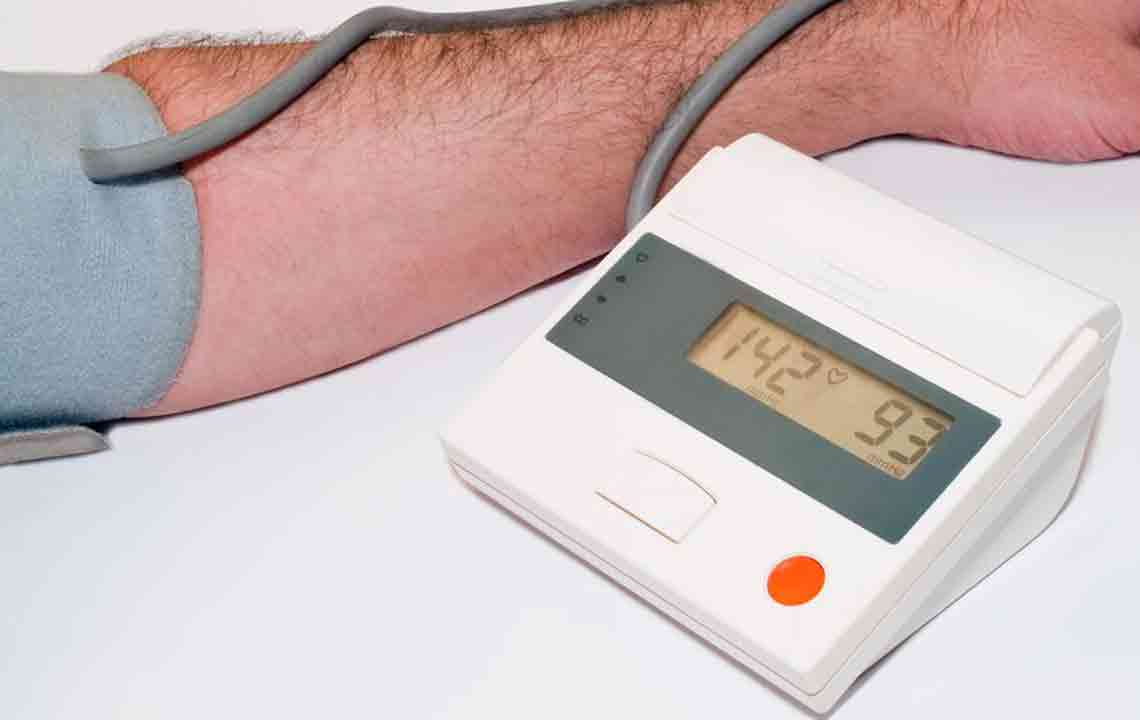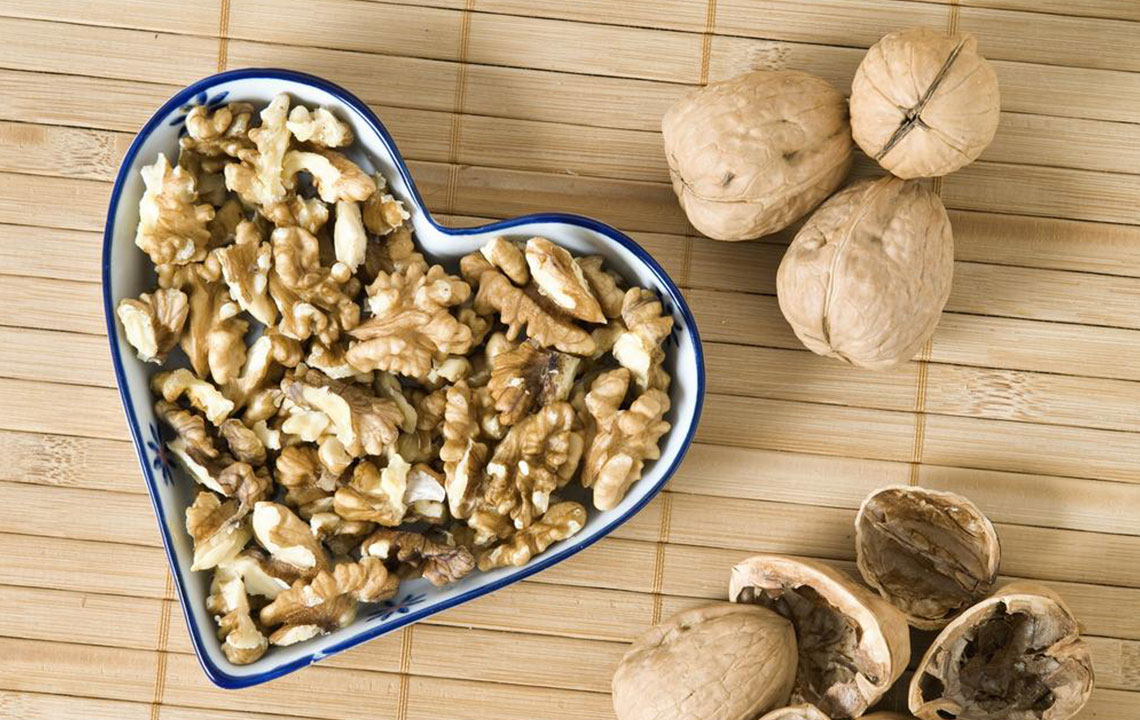Comprehensive Guide to Managing Cholesterol for Heart Health
This comprehensive guide explores effective strategies to manage cholesterol levels, emphasizing diet, lifestyle, and natural remedies. It highlights the importance of maintaining healthy HDL and LDL cholesterol for cardiovascular health, offering practical tips for diet and daily habits to reduce heart disease risk. Early detection, proper intervention, and lifestyle modifications are essential for long-term heart health.

Cholesterol, a waxy, fat-like substance found in all animal-based foods, plays an essential role in maintaining various bodily functions. It is vital for synthesizing hormones such as estrogen and testosterone, producing vitamin D, and facilitating digestion through bile acids. The human body naturally produces cholesterol in the liver and other tissues, balancing its levels according to physiological needs. Despite its importance, an excess of certain types of cholesterol, particularly low-density lipoprotein (LDL), can lead to serious health complications.
Cholesterol is transported through the bloodstream via lipoproteins—complex particles composed of fats and proteins. The two primary types are high-density lipoprotein (HDL) and LDL. HDL is often called the "good" cholesterol because it helps remove excess cholesterol from the arteries and delivers it to the liver for excretion. Conversely, LDL, known as the "bad" cholesterol, tends to deposit cholesterols on arterial walls, leading to plaque buildup and narrowing arteries. Elevated LDL levels significantly increase the risk of cardiovascular diseases, including coronary artery disease, stroke, and heart attacks.
Given that many adults in the United States have high LDL cholesterol levels, it becomes crucial to adopt lifestyle and dietary strategies to manage and maintain cholesterol within healthy ranges. Medical guidelines recommend keeping total cholesterol below 200 mg/dL. Specifically, LDL cholesterol should ideally be under 100 mg/dL to minimize risk, while HDL should be above 60 mg/dL to offer protective benefits. Achieving this balance requires a combination of dietary modifications, physical activity, and sometimes medication as prescribed by healthcare providers.
Dietary choices greatly influence cholesterol levels. A diet high in saturated fats, trans fats, and processed foods can elevate LDL cholesterol, increasing cardiovascular risks. On the other hand, incorporating foods that promote healthy cholesterol levels can significantly improve heart health. Foods rich in fiber, omega-3 fatty acids, and healthy monounsaturated fats are recommended. These include oats, fatty fish like salmon and mackerel, nuts, seeds, avocados, beans, and olive oil. Additionally, foods fortified with plant sterols and stanols can help block cholesterol absorption in the intestines.
To effectively control cholesterol, individuals should limit or avoid foods high in unhealthy fats and refined carbohydrates. This includes processed oils, sugary snacks, fast food, full-fat dairy products, refined grains such as white bread and white rice, and red meats high in saturated fat. Instead, focus on a balanced daily intake of vegetables, fruits, whole grains, lean proteins, and healthy fats. Portion control and moderation are key strategies in maintaining optimal cholesterol levels.
Incorporating specific healthful foods into your diet can yield notable benefits. For example, oats contain soluble fiber that binds cholesterol and facilitates its excretion. Fish, especially fatty varieties, provides omega-3 fatty acids that reduce triglycerides and bad cholesterol. Nuts and seeds, including flaxseeds, walnuts, and chia seeds, not only supply healthy fats but also increase HDL levels. Avocados are another excellent source of monounsaturated fats that can enhance cholesterol profiles. Beans and legumes contribute fiber and protein, making them ideal substitutes for red meat in meals.
Daily dietary plans centered around heart-healthy foods involve controlled portions of whole grains, a variety of colorful vegetables and fruits, lean proteins like chicken or fish, and minimal consumption of added sugars and unhealthy fats. Using olive oil and incorporating foods enriched with plant sterols can further improve cholesterol levels. Flaxseeds, in particular, are rich in omega-3s and lignans, which can help lower LDL and raise HDL cholesterol, contributing to cardiovascular protection.
Beyond diet, lifestyle habits influence cholesterol health. Reducing salt intake is advised, especially for individuals with hypertension, as high blood pressure can exacerbate arterial damage caused by cholesterol plaques. Quitting smoking and limiting alcohol intake are essential since both can negatively impact lipid profiles. Moderate alcohol consumption, such as a glass of red wine or tea, has been linked to slight improvements in HDL cholesterol. Furthermore, incorporating regular physical activity, maintaining a healthy weight, managing stress, and ensuring adequate sleep are vital components of a holistic approach to cholesterol management.
Emerging research indicates that certain natural remedies and foods, such as garlic, ginger, and green tea, may offer additional benefits in managing cholesterol levels. For instance, garlic has been shown to have cholesterol-lowering properties by aiding the reduction of LDL and boosting HDL. Green tea contains antioxidants called catechins, which can improve lipid profiles. Incorporating these into a balanced diet, alongside medical guidance, can enhance overall cardiovascular health.
Despite the significant impact of diet and lifestyle on cholesterol management, many individuals remain unaware of their cholesterol status. Regular health screenings are crucial for early detection and prompt intervention. When lifestyle modifications alone are insufficient, healthcare providers may prescribe medications such as statins to help lower LDL levels effectively. It is important to follow medical advice and undertake continuous monitoring to ensure cholesterol levels remain within safe limits, thereby reducing the risk of heart-related events.
In conclusion, controlling cholesterol levels is a vital aspect of maintaining heart health. By making informed dietary choices, engaging in regular physical activity, and adopting healthy habits, individuals can significantly reduce their risk of cardiovascular disease. Raising awareness about the importance of cholesterol management and promoting early screening can lead to better health outcomes and a higher quality of life. Emphasizing preventive care and lifestyle adjustments remains the cornerstone of effective cholesterol management strategies.





